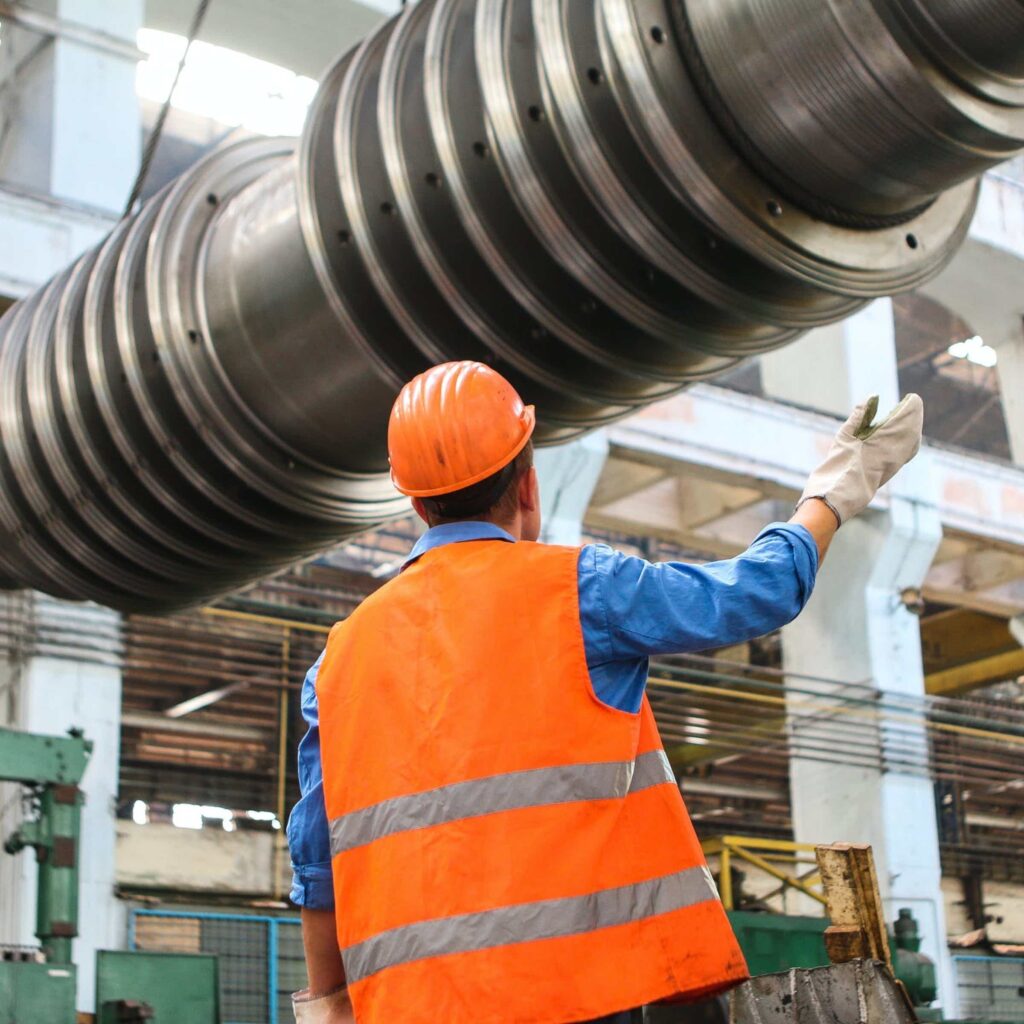Process piping engineer are responsible for the design, installation and operation of piping systems in industrial and commercial environments. They are also responsible for the safe and efficient transfer of fluid, gas, or steam. As a process piping engineer, you will work in a variety of industries, including manufacturing, power generation, and oil and gas production.
A process piping engineer is a professional who designs or oversees the design and installation of piping systems. The responsibilities of a process piping engineer include project management, planning, and engineering. As a process piping engineer, you work on a variety of projects, including hospitals, factories, and refineries.
A process piping engineer is a professional who designs, constructs, and maintains piping systems for industrial plants, power stations, and the like.
A process piping engineer is a professional engineer who is responsible for designing and supervising the installation of piping systems and equipment in order to transport fluids and gases. They are typically employed in the chemical, oil, gas and power generation industries to ensure safe and reliable operations.
What is a process piping engineer? I’m sure you’ve seen a few job titles that seem a little strange. Chances are, you’ve probably never heard of a “process piping engineer.” What is a process piping engineer? They are an engineering specialty that designs, plans, and supervises the installation, operation, and maintenance of all types of piping systems. They are an integral part of the oil and gas industry, the chemical industry, and the electricity industry.
A process piping engineer is a person who is skilled in the design and installation of piping. They are responsible for the design, manufacture, and installation of piping systems for industrial and institutional uses. This profession is relatively new, with the first major textbook on the topic being published in 1989. With the recent increase in the industry, there are now a lot of options for career paths.
A process piping engineer works with a piping system, which is typically underground but can also be aboveground in the form of a system of pipes and tubing that transports fluids or gases. A process piping engineer typically works in an industrial plant, a chemical process plant, a power plant, or a wastewater treatment plant. Their work encompasses the design and installation of piping systems and equipment. They may also be responsible for the inspection, maintenance, and repair of such systems.
This article will help you learn about the different types of piping engineers and what they do. Piping engineers are those who design, install, and maintain the piping systems in a building or industrial plant. They typically work in a team with other engineers, architects, and manufacturers. This post will help you learn more about the different types of piping engineers and how they use their skills in various industries.
The process piping engineering field is one of the fastest growing disciplines in engineering. This field is also one of the most diverse. Many different industries rely on process piping engineers. As the process piping engineer, your job is to design, manufacture, and maintain the piping systems in the process.
Process piping is the term used to describe the piping and systems used to move fluids such as water, air, or gas. This engineering discipline is broken down into three major areas:
The process piping engineer is responsible for designing and installing piping systems for process industries, including petrochemical, chemical, oil, refining and natural gas industries. Process piping engineers must understand the physical and chemical properties of the fluids handled and the process to be carried out. They must also be familiar with the risk assessment, safety, and environmental health and safety design, installation and operation of the process.
Process piping engineers (PPEs) are employed to design and install the piping for industrial machines. They work in the manufacturing, oil and gas, and power generation industries. They design the piping and pumps according to the specifics of the job. This includes determining the size, shape, and type of equipment that will be used. They also decide on the fluid flow and pressure required by the system. In this article, we will explore the job description, job responsibilities, and job duties of a PPE.
A process piping engineer is a type of engineer who designs, plans, and installs the piping for a plant. The pipes are typically made of steel, stainless steel, or plastic. This type of engineer also designs and supervises the installation of the piping for heating, cooling, and refrigeration systems.
